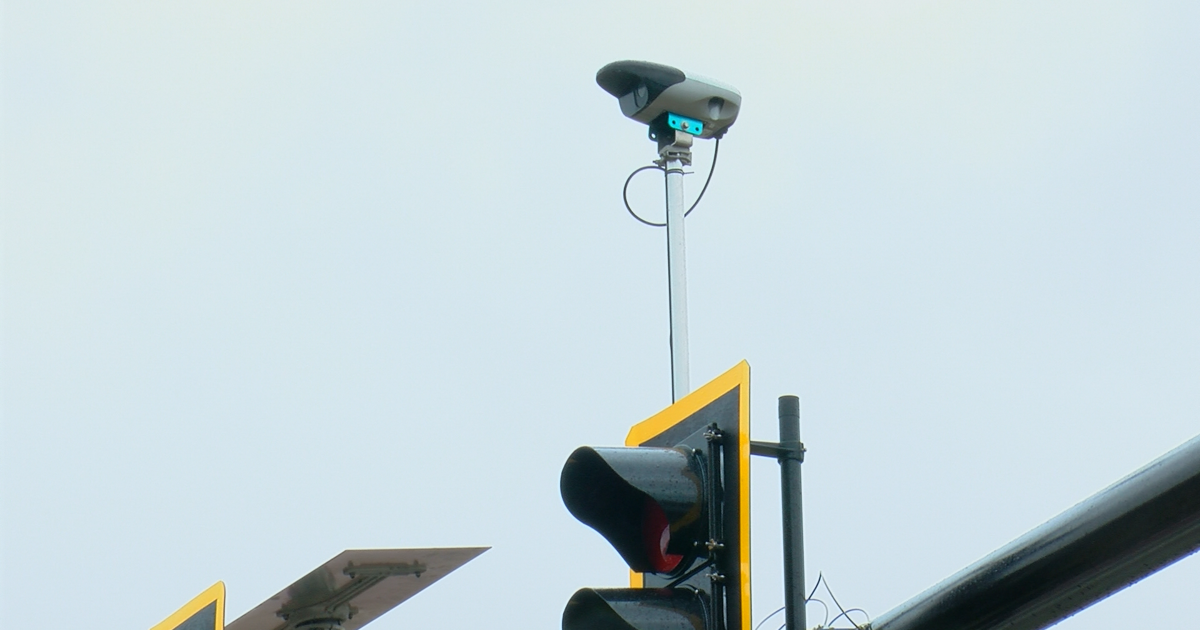Delta Airlines Embraces Biomimicry: Shark Skin-Inspired Tech Could Revolutionize Fuel Efficiency

Delta Airlines, a global leader in air travel, is diving into a groundbreaking partnership with Australian aerospace company MicroTau to explore a revolutionary technology inspired by the remarkable skin of sharks. This innovative approach aims to significantly improve fuel efficiency, potentially reshaping the future of air travel and reducing the airline's environmental footprint.
The Inspiration: Shark Skin's Secret
Sharks have reigned supreme in the oceans for millions of years, and their skin plays a crucial role in their success. Unlike the rough skin we might imagine, shark skin is covered in tiny, tooth-like structures called denticles. These denticles create a unique surface texture that minimizes drag and turbulence, allowing sharks to glide effortlessly through the water. This natural adaptation has long fascinated scientists and engineers.
MicroTau's Breakthrough: Mimicking Nature
MicroTau has developed a specialized coating that replicates the properties of shark skin. This isn't simply a cosmetic addition; it's a meticulously engineered material designed to reduce drag on aircraft surfaces. The coating can be applied to various parts of the plane, including the wings and fuselage, to optimize airflow and minimize resistance.
Delta's Fuel Efficiency Push
Delta Airlines is committed to sustainability and operational efficiency. Fuel costs represent a significant portion of an airline's expenses, and reducing fuel consumption directly translates to lower costs and a reduced environmental impact. The partnership with MicroTau aligns perfectly with Delta's ambitious sustainability goals.
How It Works: Reducing Drag, Saving Fuel
The key to this technology's effectiveness lies in its ability to disrupt the formation of turbulent airflow. By mimicking the shark skin's structure, the coating creates a smoother surface that encourages laminar flow – a streamlined and efficient way for air to move around the aircraft. Reduced turbulence means less energy is required to propel the plane, leading to significant fuel savings.
Testing and Future Implications
Delta and MicroTau are currently conducting rigorous testing to evaluate the coating's performance under real-world flight conditions. Early results are promising, suggesting that the technology could deliver substantial fuel efficiency gains. If successful, this technology could be implemented across Delta's fleet, significantly reducing the airline's carbon emissions and contributing to a more sustainable aviation industry.
The potential benefits extend beyond just fuel savings. Reduced drag could also lead to improved aircraft performance, potentially allowing for shorter flight times and increased payload capacity. This innovative approach, leveraging the wisdom of nature, represents a significant step forward in the pursuit of more efficient and environmentally friendly air travel. It showcases how biomimicry – the practice of learning from and emulating nature – can drive innovation and address critical challenges in the aviation sector.






